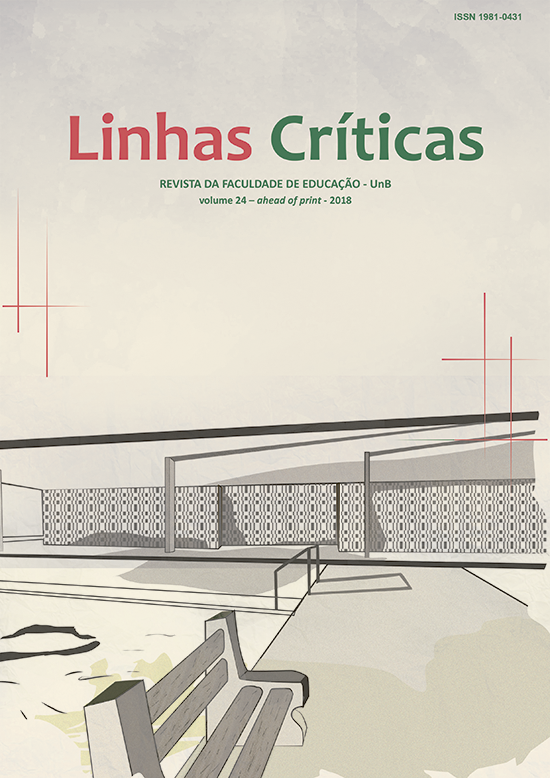Produção de conhecimento e atitude política
o princípio científico e educativo da pesquisa - Uma entrevista com Pedro Demo
DOI:
https://doi.org/10.26512/lc.v24i0.21848Keywords:
EntrevistaAbstract
Pedro Demo é um eminente educador e autor de referência na pesquisa educacional brasileira. Cursou filosofia na Faculdade dos Franciscanos, em Curitiba (1961-1963), e realizou seu doutoramento em Sociologia na Universidade de Saarbrücken, na Alemanha (1967-1971), recebendo, inclusive, prêmio por sua tese, publicada em alemão, em 1973, pela Editora Anton Hain, Meisenheim. É professor emérito da Universidade de Brasília (UnB), além de conferencista e autor de inúmeros livros, por exemplo, Pesquisa e Construção do Conhecimento e Metodologia do Conhecimento Científico, lançados pela Editora Tempo Brasileiro, Educar pela Pesquisa e Avaliação Qualitativa, pela Autores Associados, Pesquisa: Princípio Científico e Educativo, pela Cortez, Aprender como autor e Ciência Rebelde, pela Atlas Editora, dentre outros.
Downloads
Published
How to Cite
Issue
Section
License
Copyright (c) 2018 Revista Linhas Críticas

This work is licensed under a Creative Commons Attribution 4.0 International License.
Authors who publish in this journal agree to the following terms:
-Authors maintains the copyright and grants the journal the right of first publication, the work being simultaneously licensed under the Creative Commons Attribution License which allows the sharing of the work with recognition of the authorship of the work and initial publication in this journal.
- Authors are authorized to enter into additional contracts separately, for non-exclusive distribution of the version of the work published in this journal (eg publish in institutional repository or as a book chapter), with acknowledgment of authorship and initial publication in this journal.
-Authorers are allowed and encouraged to publish and distribute their work online (eg in institutional repositories or on their personal page) at any point before or during the editorial process, as this can generate productive changes as well as increase the impact and the citation of published work (See The Effect of Free Access).



